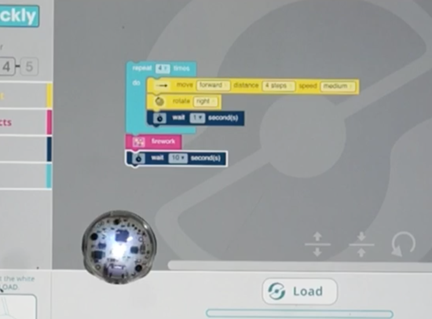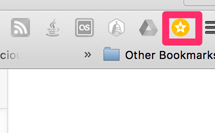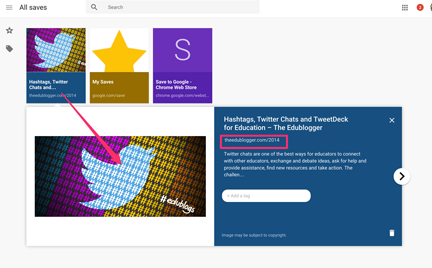I want to get the new version of our Amazon Kindle book out so we can compete with the book reps promoting similar books with college faculty members. We write a textbook but it appears Amazon tends to sell our book to individuals. This presents an issue for us – writing a trade book is different from writing for a group-based instructional setting. When you write a textbook that tends to be purchased by individuals looking for a trade book, there is a mismatch that can’t be good.
I can’t compete with the book reps who go door to door except by offering a comparable resource at a fraction of the cost to the end user. I make this statement based on sales when we generated a product sold through a book company versus sales and the pattern of purchases when selling through Amazon. Pretty much the same book (even without the resources we now add online). So having the new book available during adoption time is about all I can think to adjust. I am always looking for suggestions.
At this point, I am being held up waiting for the new ISTE standards for students. I know the new standards are coming and I have reviewed a draft. However, I do not want to write something when what I describe may not be the final product. My guess is that ISTE will release the upgrade during the ISTE conference in several months. I am still trying to decide if it is worth waiting or indicating in the Kindle book that a release is coming soon,
I will add this issue to the various other issues I have with standards.
My issues with standards:
Standards themselves are pretty much a Rorschach test; the goals are vague enough that far too many things “could” be promoted as examples. Note that curriculum developers are sometimes expected to tag the activities they propose with the standard or standards that are addressed by the activities they have created. This tagging does establish an awareness of the standards which is probably a good thing, but the appropriateness of the standard to activity connection is seldom evaluated.
To be fair, standards are typically supported (if you are willing to explore a bit) by “examples” proposed by those generating the standards. The challenge here is one of translation. Educators in a variety of disciplines with specific goals in mind seldom find a perfect fit for their personal situations.
Standards seem to be trendy. They seem to support the priorities of the present crop of true believers who are motivated to participate on the committee writing the standards. The process of generating and releasing standards takes a considerable amount of time so it is a real commitment to see the process through. For example, the present NET*S has taken 7+ years to rework. I would ask for an addition to the product being generated. What is the body of research evidence supporting the various priorities/positions that are advanced? For those of us who care, this is a way to understand and sometimes challenge what has been proposed.
I often wonder if it would be more influential to promote the standards or to promote the evaluations that will be expected? I ask this as a matter of practicality and not as an endorsement of either extreme. If student performance is to be evaluated in any way that is external to evaluation experiences generated by the teacher, it is obvious that these evaluations influence what precedes them. Translate this as teaching to the test if I am being too vague. It seems we have moved past evaluating the “value added” performance of educators in most settings, but no administrator or instructor wants to view a low average performance from students. The issue here is often called “alignment” – does what is evaluated match what is proposed by the standards. I also expect that content area standards and performance evaluations are likely to more closely aligned than are more general standards (i.e., NET*S).
Will we be describing the NET*S standards in our writing? Of course we will. This really does not mean we are wishy-washy (is that the expression) or flip-floppers (I think this is still a political expression). What we are trying to do is develop a quality textbook. One of the keys in argumentation is being careful to understand issues as they are understood by those who advocate them. This is part of critical thinking and as a textbook author, it is essential to recognize that is not always about my critical thinking. It is mostly about the critical thinking I can generate in those who read my work. Presenting a simplified version of a complex topic does not promote the necessary depth of thought. My readers are exposed to standards whether I think they have practical value or not.
![]()



You must be logged in to post a comment.